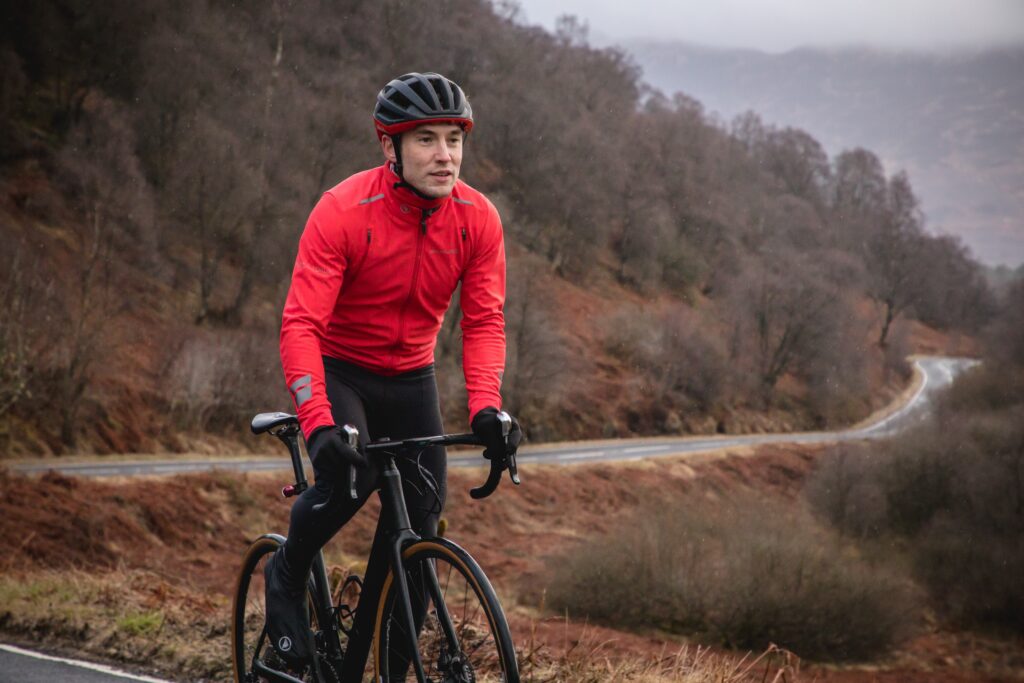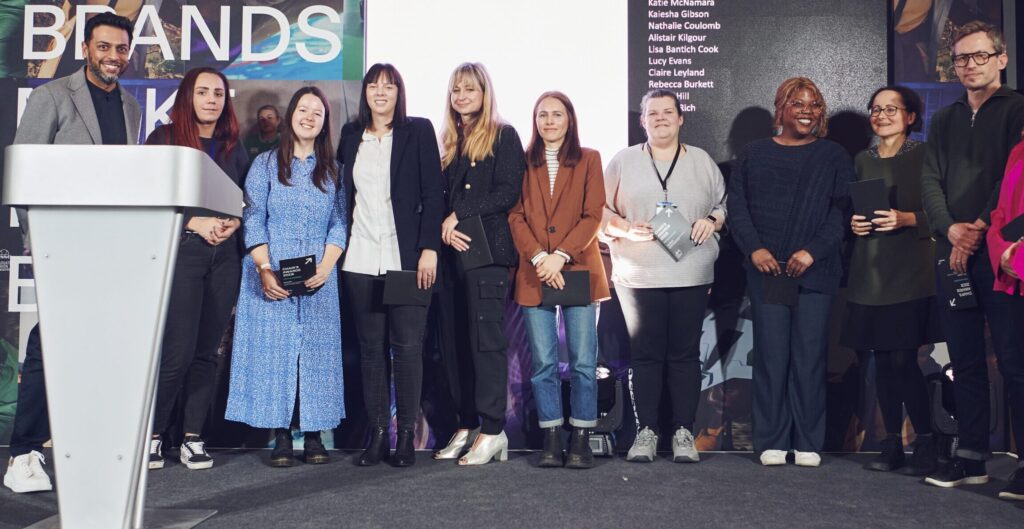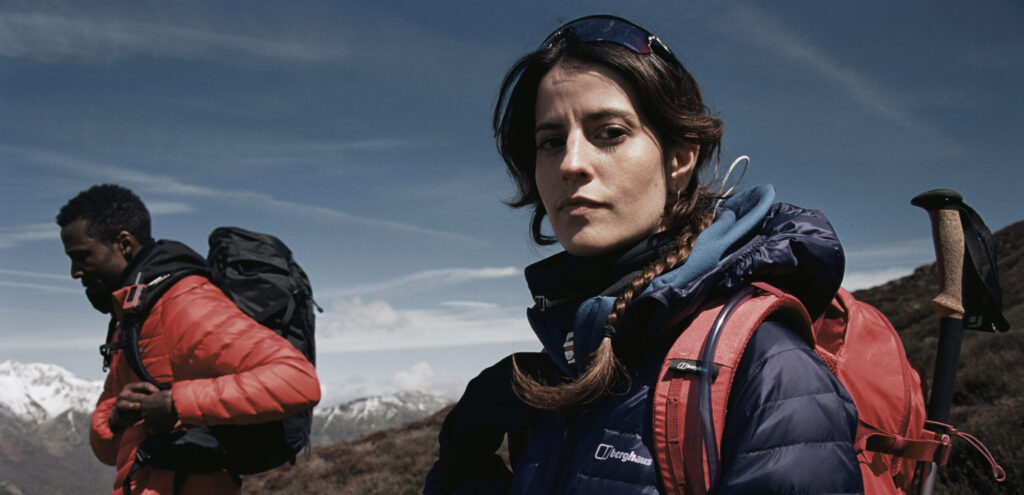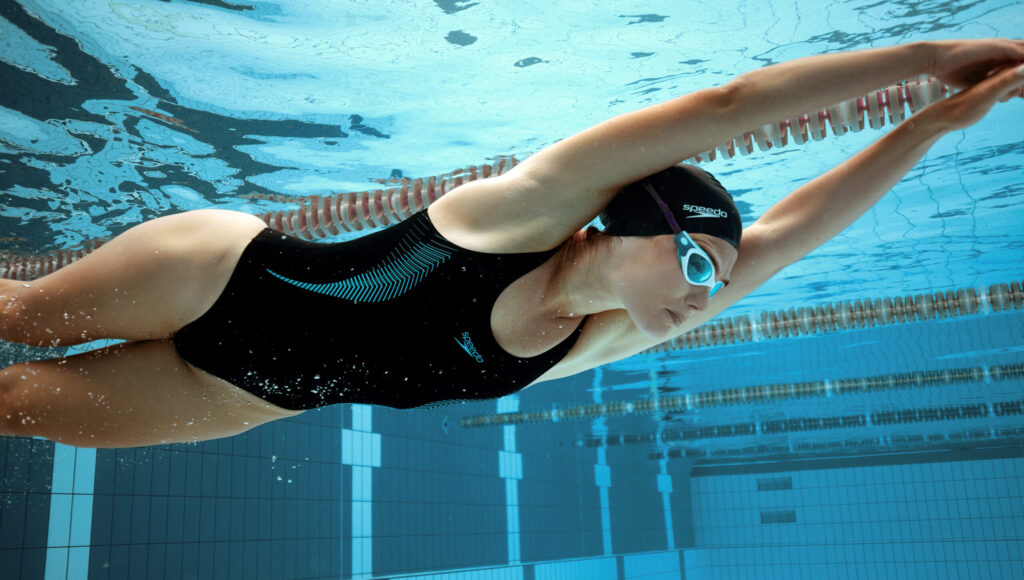Our industry generates 4% of the world’s waste, that’s 92 million tons each year and 57% ends up in landfill. One of our ambitions is to embrace circularity across our brands and products. By finding small ways to reduce waste within our supply chain and continually use the resources we already have, we can reduce our impact on the environment.
We recognise that we can make a bigger impact by embedding circular processes into the heart of our operations. In 2019, teams across our business worked to review our surplus materials and products, and in particular, how they could be put to good use to prevent waste. Here are some examples of our efforts in action:
Product charity donation
For many years, we’ve partnered with In Kind Direct to help channel our surplus stock to good causes. In 2019, we donated a total of £116,000 in estimated retail value of products to 522 charities.
Sample & returns
Surplus stock is also given a new lease of life through our people. We sell lightly worn returns in two of our UK locations and carry out regular sample sales to give our surplus stock and samples a second home.
Berghaus lifetime guarantee
Berghaus products are built to last, which is why it provides a product guarantee for every single item’s reasonable lifetime, at no additional cost. The brand reviews all product returns and assess them individually based on their usage. If there is a genuine fault or defect in the item then it will be repaired or replaced for free.
SeaVees in-store recycling
In 2019, SeaVees trialed a recycling programme, allowing customers to return their old trainers to its Santa Barbara store. In return, customers received a discount on a brand new pair of SeaVees. The brand has now announced its plans to make the programme a permanent feature.
The good, the bad and the Uglies
‘Uglies’ is a range of clothing made by Canterbury using surplus materials from other areas of production. Relaunched in 2019, the brand used 12,000 metres of excess fabric to create 11,500 t-shirts. As well as developing robust processes to prevent wastage, ‘Uglies’ gives Canterbury a solution to dealing with obsolete materials created during the production process.
Sara Brennan, Head of Corporate Responsibility comments:
“In an industry that creates a lot of waste, we need to think about circularity and its principles. By designing for circularity in the first place, we can design out waste and pollution. We have a role to play in creating positive business models that keep our apparel and footwear in use for longer. This can involve looking at renewable materials, making durable, repairable and reusable products and considering the end use. We are rethinking how our products are made and used.”
This is why we will reduce our carbon footprint by 25% and send zero waste to landfill by 2025. We will focus on improving the sustainability, durability and efficiency of our materials and we will collaborate with others to give our products a second life.





